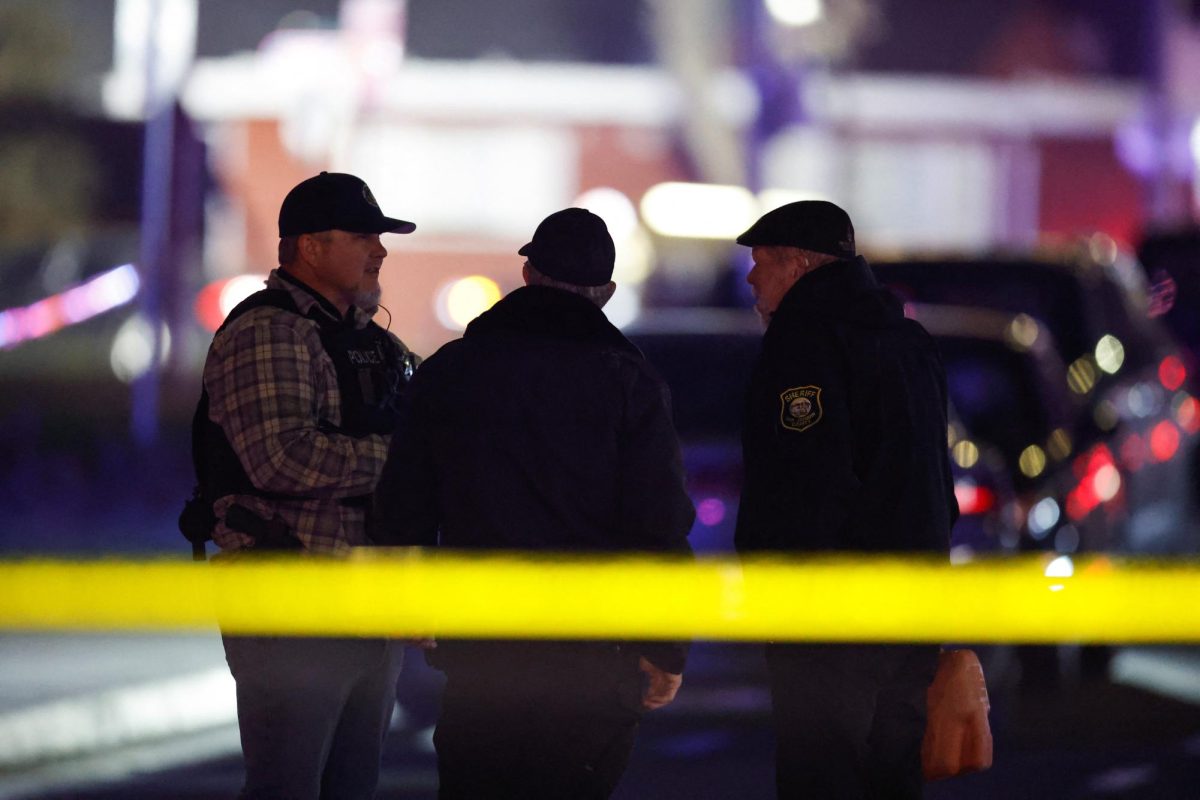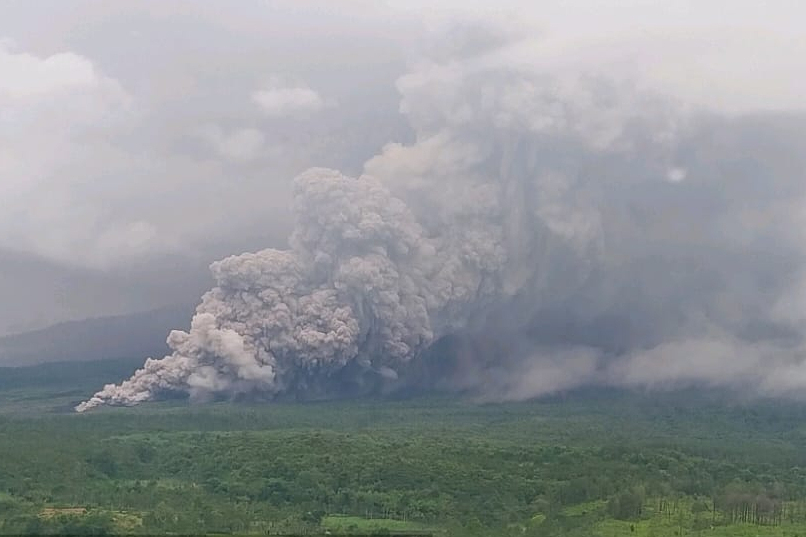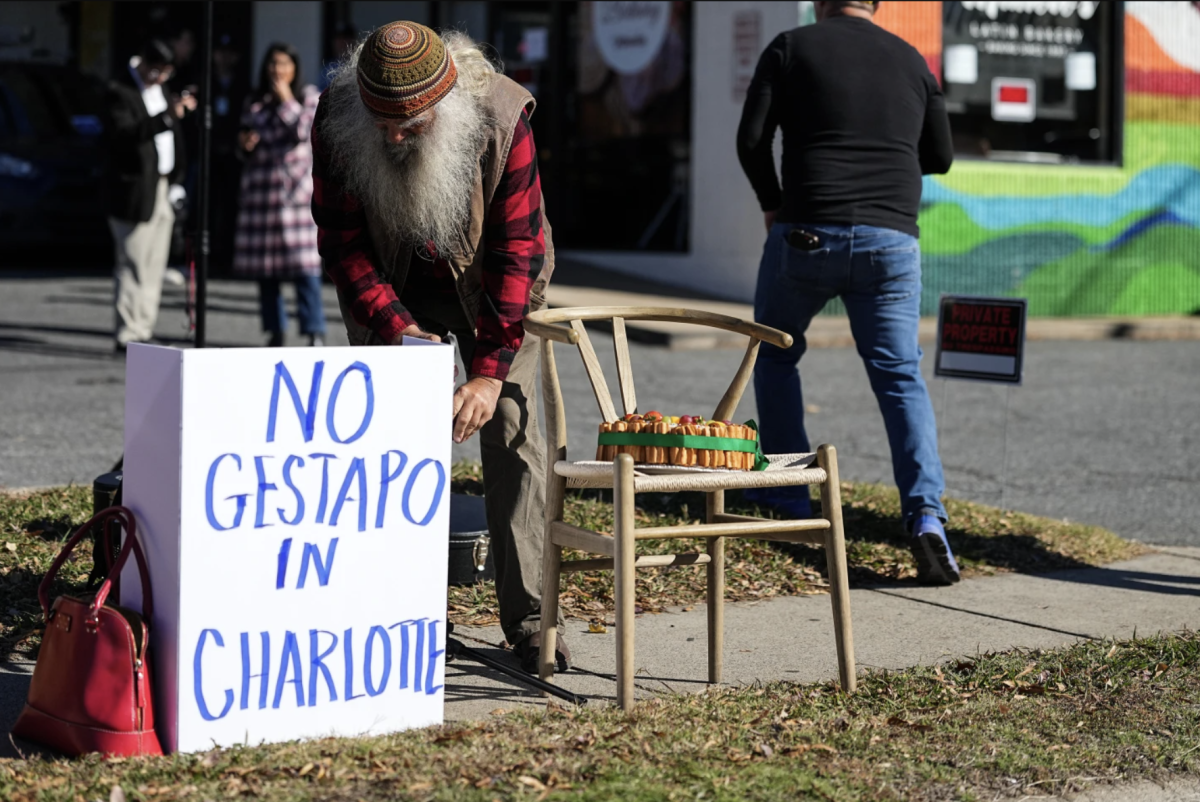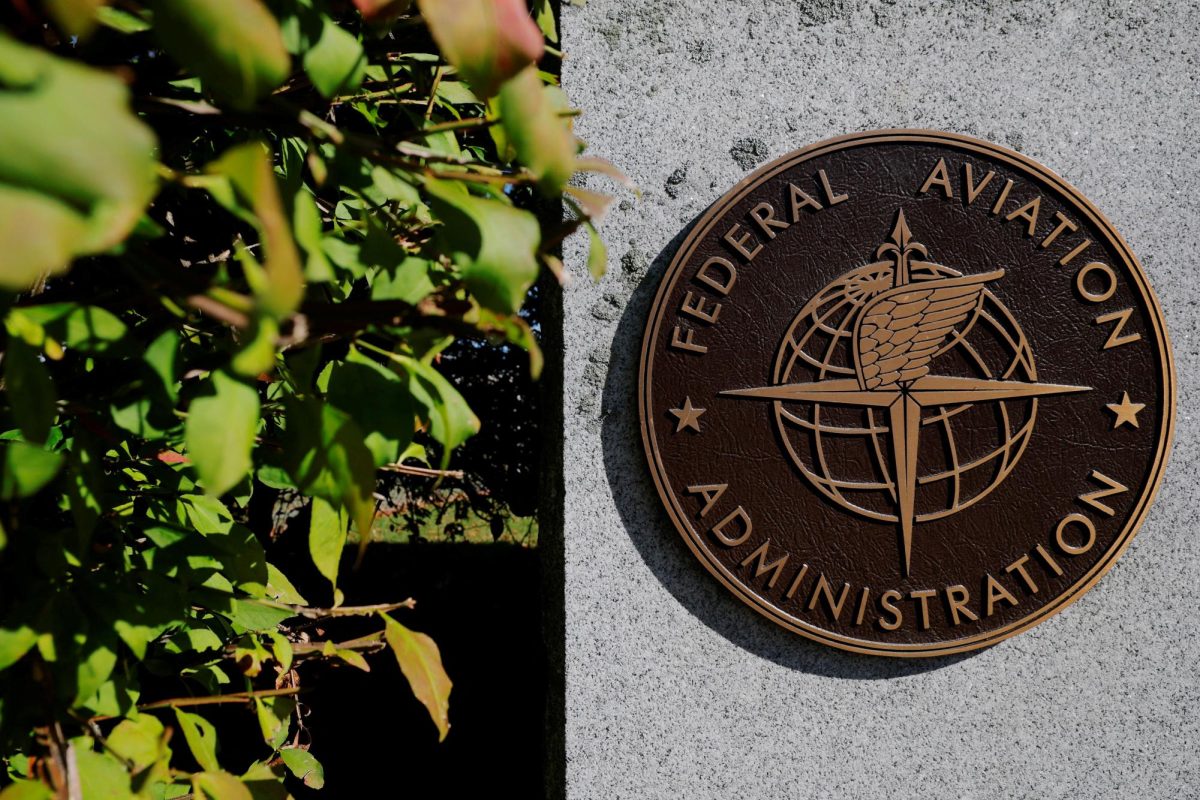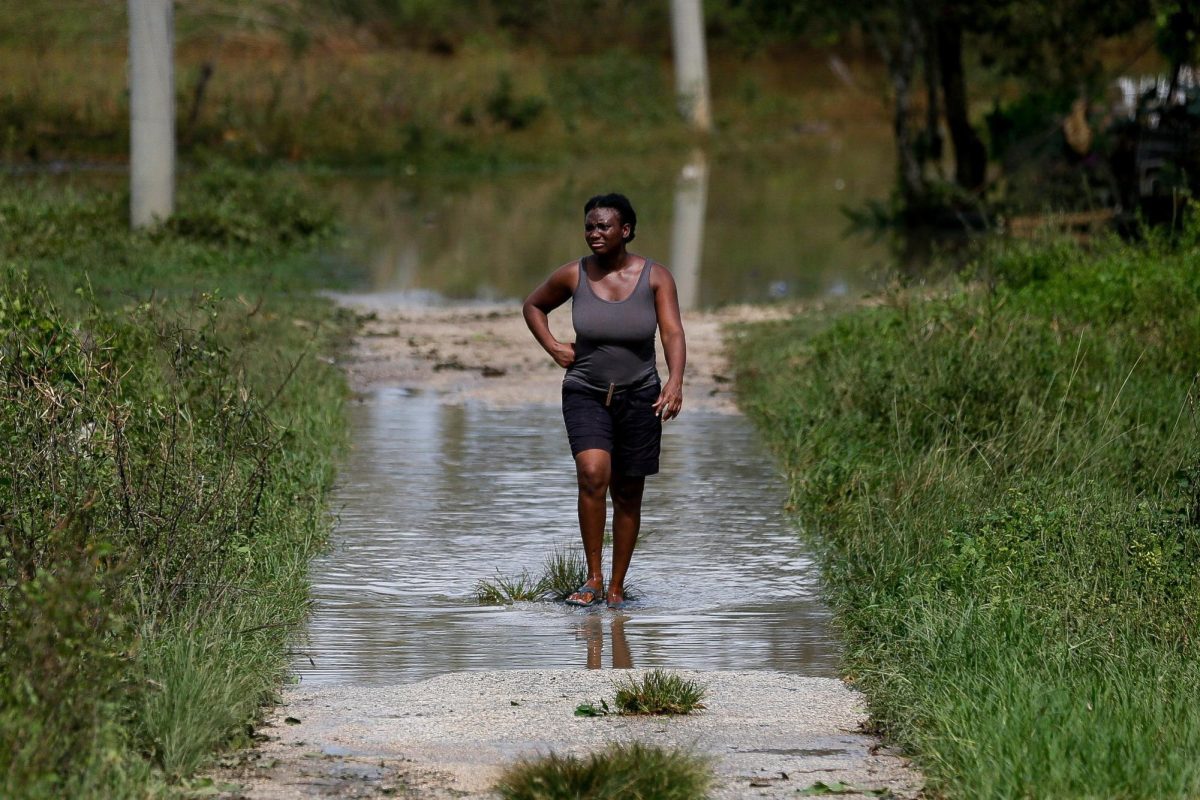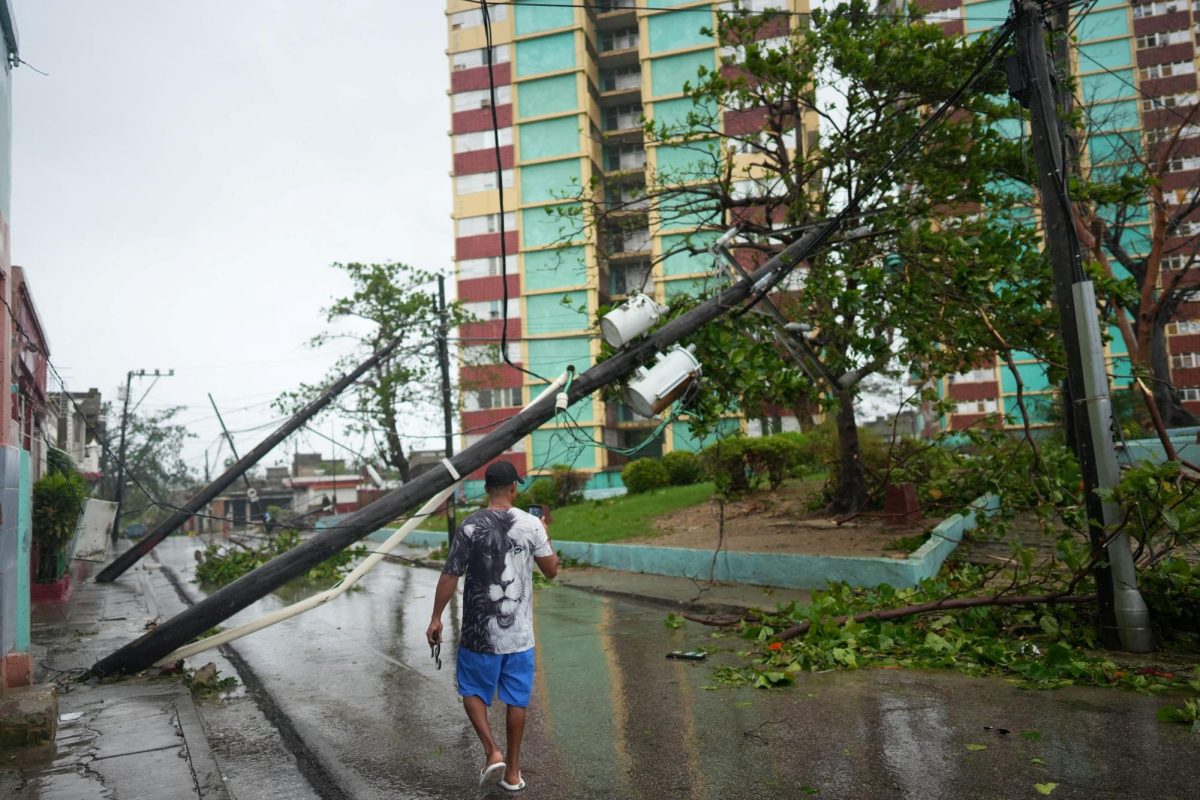Police arrest three suspects in Sacramento shooting
The Sacramento shooting that left six people dead and 12 injured on Sunday was likely caused by gang violence, according to NBC News.
At least five men opened fire during the shooting. These five were split into two groups. The police say the shooting was caused by gang violence, shown by the fact that both groups targeted the other in their fire.
Three men have been arrested. Daviyonne Dawson, arrested Monday, has not been charged directly for the shooting. Brothers Dandrae and Smiley Martin are the other two identified and arrested men.
Over 5,000 Ukraine civilians have been killed in the Russian siege

Vadym Boichenko, mayor of Mariupol, Ukraine, said that his city is “the new Auschwitz,” according to CNBC.
Boichenko said that over 5,000 Ukraine civilians have been killed, including 210 children. Fifty people burned to death on Wednesday alone, as a result of hospital bombings.
Approximately 160,000 Mariupol residents do not have access to water, power, heating or means of communication.
In the Donbas region of Ukraine, the Luhansk regional governor has encouraged civilians to “evacuate while it’s safe,” predicting more assaults from Russia to come soon.
Following evidence of war crimes on Ukraine from Russia, the U.S. and EU are preparing to impose new sanctions on Russia. These sanctions will ban Russia’s coal imports, worth $4 million annually.
Mark Hanneman will not be charged for the death of Amir Locke
Officials have decided that the SWAT team officer who shot Amir Locke, a 22-year-old Black man, will not be charged, according to NBC News.
This statement comes from Hennepin County Attorney Michael Freeman and Minnesota Attorney General Keith Ellison, who say that there is “insufficient admissible evidence” to charge officer Mark Hanneman.
Hanneman shot Locke three times in a no-knock warrant raid in February. The incident resulted in Locke’s death. Locke was not a suspect in the investigation that called for the search warrants.
Trump-era water rule has been reinstated for now by the Supreme Court

A water rule introduced by the Trump administration in 2020 resulted in lawsuits, but two years later the Supreme Court has reinstated it, for now, according to ABC News.
For decades, the federal government has followed Section 401 of the Clean Water Act. The federal government could not permit any activity that might result in discharge into navigable waters unless approved by the affected state or tribe through the Clean Water Act.
The Trump-era rule restricts states and Native American tribes to block pipelines and any similar energy projects that pollute waterways. The decision was split 5-4. This decision prevents a lower court judge from throwing out the water rule completely, but does not prevent Biden’s administration from rewriting the rule as it planned.
The Trump-era rule will remain until the Biden administration’s revision, which is expected to be finalized in the spring of 2023.


